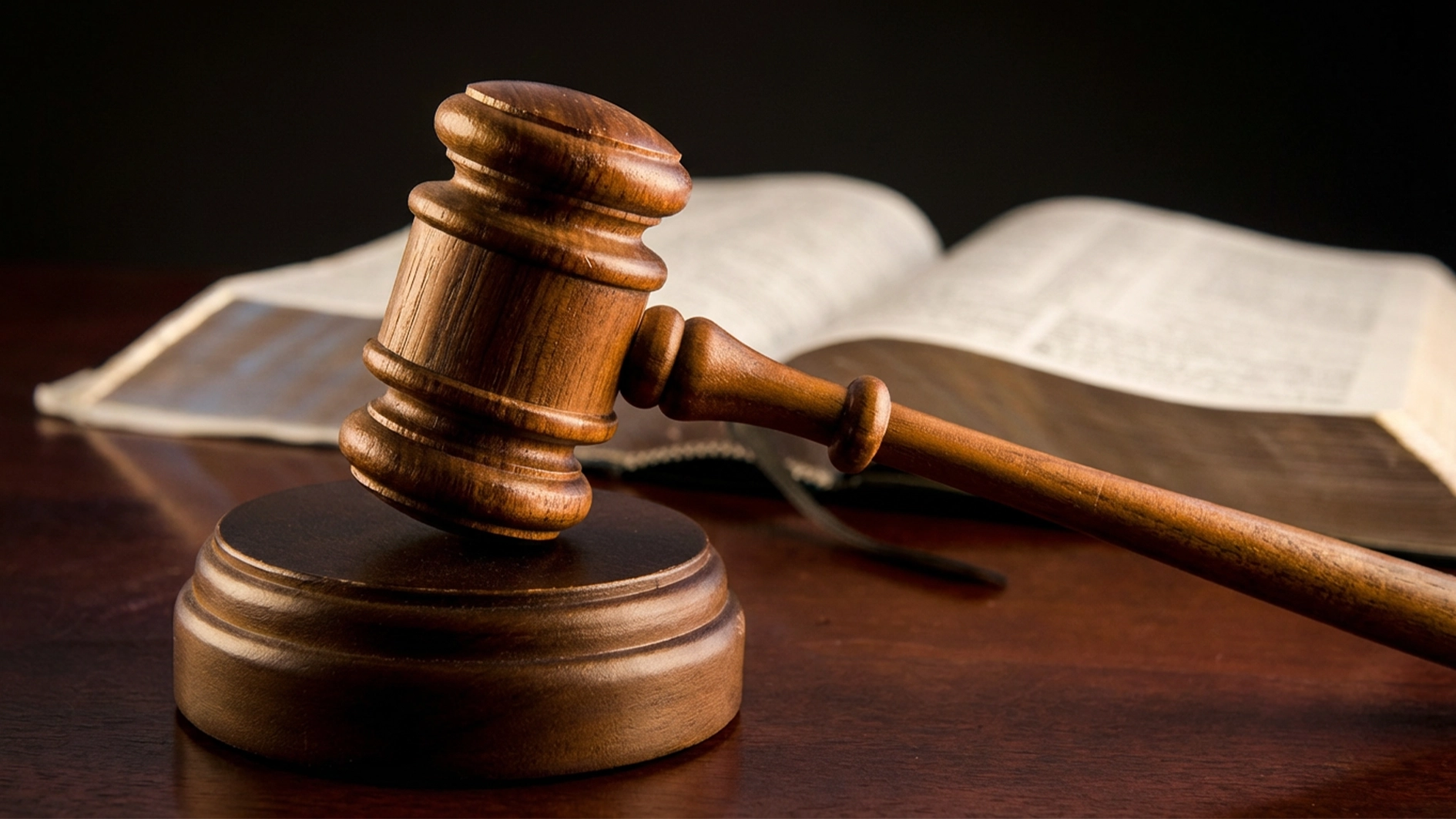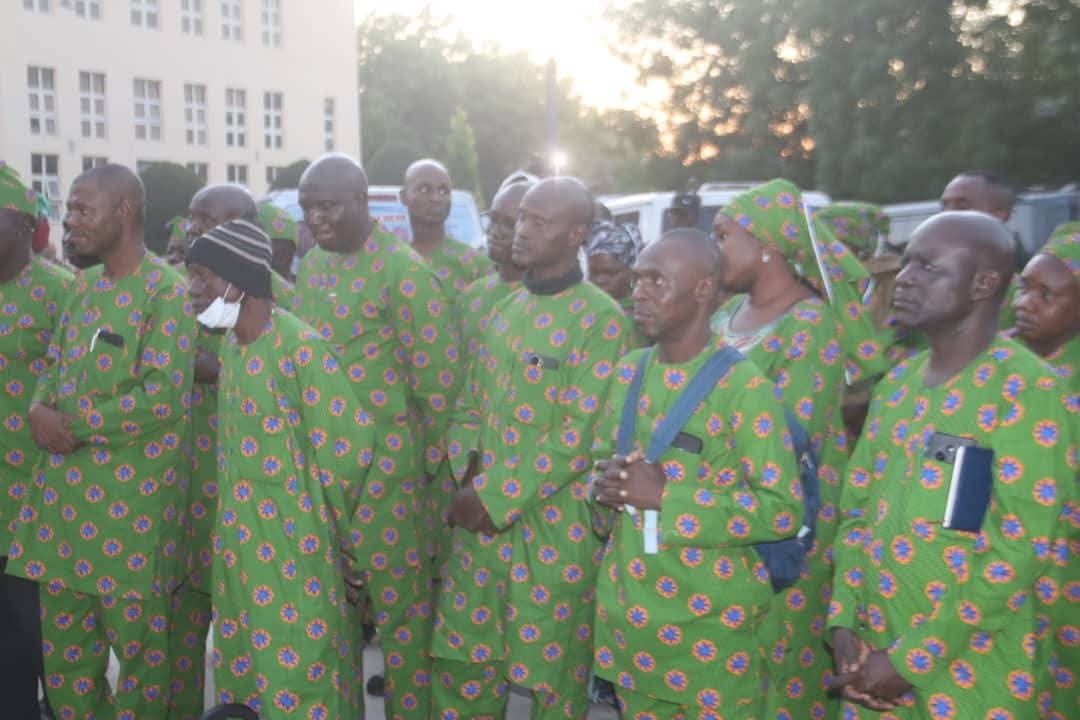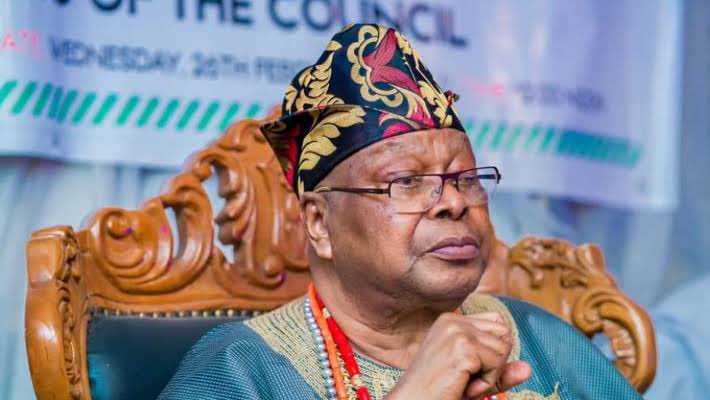Stakeholders in the justice and security sectors are pushing for legal reforms as Nigeria grapples with a 47 per cent surge in cyberattacks, averaging 4,388 incidents weekly and costing the economy an estimated $500 million annually, according to the Attorney-General of the Federation (AGF).
Speaking at the Annual Cybercrimes Awareness Campaign and the 2nd National Consultations on the Cybercrimes Legal Framework in Abuja, the Attorney-General described cybercrime as a “national emergency.”
He cited recent data showing Nigeria now ranks fifth globally for cybercrime prevalence, based on figures from the first quarter of 2025.
“The digital domain has become the new battlefield of economic survival, public trust, and national security — Nigeria must not be a passive observer in this war without borders,” he declared.
The event, themed “Towards a Coordinated and Informed National Response to Cybercrime,” brought together lawmakers, justice sector leaders, law enforcement, civil society, and development partners.
They met to chart a coordinated national strategy to combat cybercrime and strengthen the country’s outdated digital laws.
According to the Attorney-General, 60 per cent of cybercrime victims in Nigeria are under the age of 30, underscoring the urgency of digital literacy and youth-focused preventive education.
The AGF, represented by a director in his office, announced the drafting of two new bills to replace the 2015 Cybercrimes (Prohibition, Prevention, etc.) Act, which he said no longer reflects the scale and sophistication of today’s threats.
The proposed legislation includes a bill on cybercrime and criminal justice reform, and another focused on cybersecurity governance and the protection of critical infrastructure.
These reforms aim to bring Nigeria’s legal framework in line with international best practices, including the 2024 United Nations Convention on Cybercrime and the Budapest Convention.
High-level stakeholders in attendance included the Chief Justice of Nigeria, the National Security Adviser, and representatives from law enforcement, the private sector, and international agencies.
The Attorney-General, represented by Gladis Odegbaro from the Office of the Solicitor-General, reiterated that Nigeria must take a proactive stance as cybercriminals weaponise artificial intelligence and digital tools.
To support enforcement, the Federal Government recently launched the Joint Case Team on Cybercrimes (JCTC), a multi-agency task force for coordinated investigation and cross-border collaboration.
In her welcome address, Solicitor-General Beatrice Jeddy-Agba hailed the gathering as a milestone in Nigeria’s battle against cybercrime.
She emphasised the need for robust legal reforms, public awareness campaigns, and seamless inter-agency cooperation to build a safer digital environment.
Participants at the event included members of the National Assembly, judiciary, law enforcement, civil society, academia, private sector leaders, and international development partners.
James Carol, representing the British High Commission, stressed that success in tackling cybercrime requires strong international collaboration and public-private partnerships.






